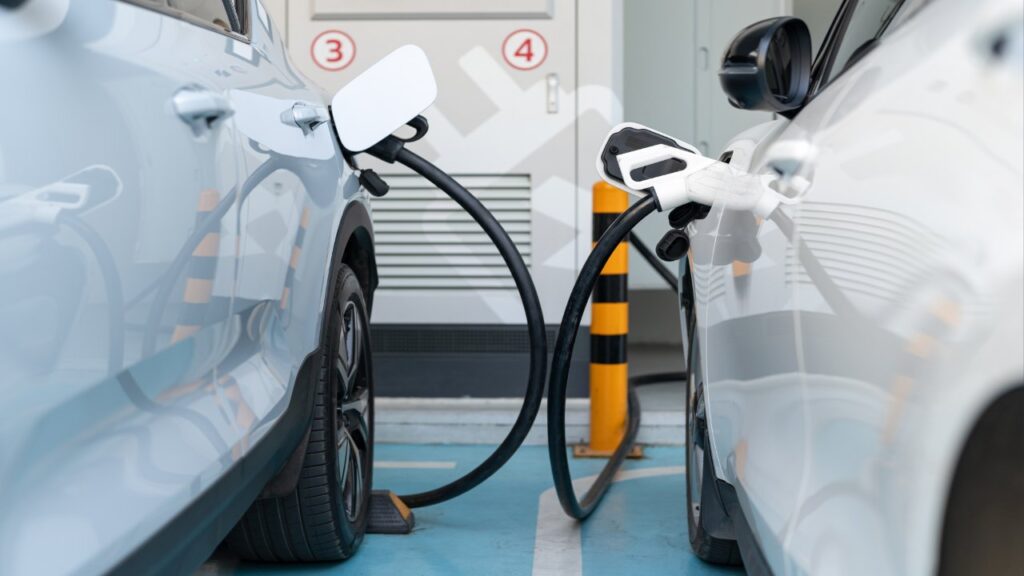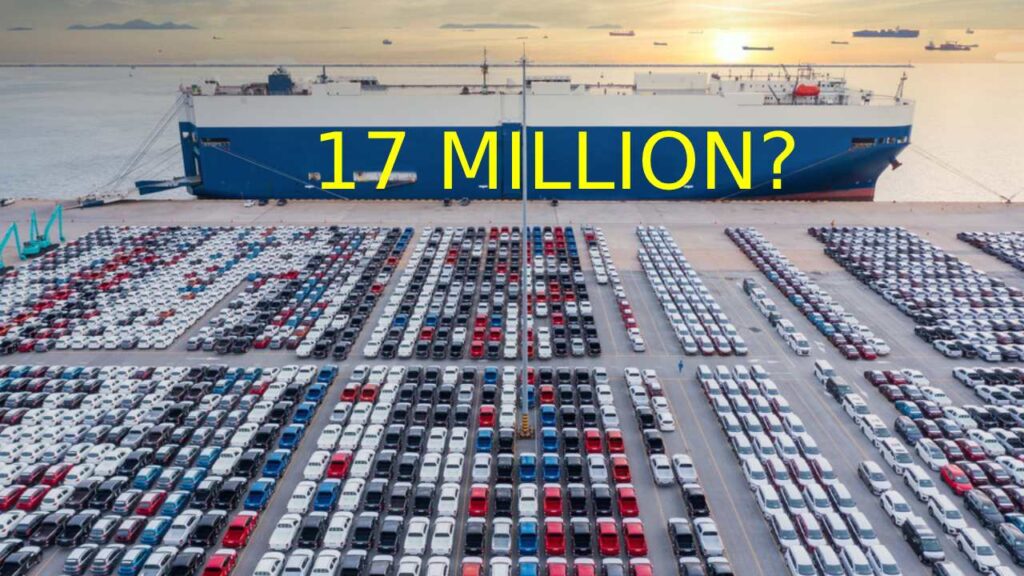International Energy Agency (IEA) has released its data for expected trends in the electric mobility space for this year, as well as long-term predictions for the future.
The most recent IEA report about the Global EV Outlook for 2024 predicts that the total global sales could hit the unprecedented 17 million mark this year. Now, this might seem a bit contradictory to some, with all the news reports going on about the slowdown in the EV industry. While this might be true for some concentrated markets, the overall global sales data will remain strong. We caught of glimpse of this trend after the first quarter of 2024 which saw a growth of 25% on a year-on-year basis (Q1 2023).
You might also like: US Tells China Not To Flood Its Auto Market

IEA Report on Global EV Sales
Digging further, the IEA believes that the market share of EVs could reach 45% in China, 25% in Europe and over 11% in the U.S. in 2024. That should give you an idea of just how far ahead China is in this EV race. In 2023, the global EV sales almost touched 14 million, which amounts to 18% of all cars sold. This number was just 14% in 2022. Furthermore, electric car sales in 2023 were 3.5 million higher than in 2022, a 35% year-on-year increase. Chinese carmakers produced more than half of all electric cars sold worldwide in 2023.
In 2023, China (60%), Europe (25%) and the U.S. (10%) contributed 65% to the overall global EV sales. Evidently, these regions form the concentrated electric car markets at the moment. However, emerging economies are growing rapidly even though their share of EVs is not yet too significant. For instance, the EV share in total car sales in Vietnam was 15%, Thailand was 10%, India was 2%, Brazil was 3%, Indonesia was 2% and Malaysia was 2%. Hence, we will see these nations become prominent players in the EV space in a matter of a few years.
This report also suggests that every other car sold globally in 2035 will be electric based on today’s energy, climate and industrial policy settings. This is a part of the IEA’s Stated Policies Scenario. In fact, by 2030, almost 1 in 3 cars on roads in China will be electric, and almost 1 in 5 cars in the U.S. and EU will be electric as well.
You might also like: 91.5% of All Cars Sold in Norway in March 2024 Were Electric

EV Battery Recycling
The battery recycling industry is preparing for the 2030s, emphasizing the importance of recycling and reusing batteries for supply chain sustainability and security. Despite the growing interest from technology developers, planned recycling locations may not align with the anticipated retirement locations of electric vehicle (EV) batteries.
Global battery recycling capacity reached 300 gigawatt-hours in 2023, projected to exceed 1,500 gigawatt-hours by 2030, with China leading with 70% of the capacity. However, the announced recycling capacity globally exceeds three times the potential supply of batteries by 2030, according to the Announced Pledges Scenario. EV battery retirement is forecasted to rapidly increase in the latter half of the 2030s, indicating a growing demand for recycling services.
You might also like: Tesla Eyeing Indian Factory With Capacity Of 500,000 EVs
Learn Electric Cars Says
These are some intriguing observations by IEA. These unequivocally indicate that the overall growth in global EV sales will be in line with the previous years despite concerns regarding a slowdown. IEA also says that it anticipates EVs to cost the same as ICE cars by as early as 2030. This is due to the economies of scale, cheaper batteries, low manufacturing costs, etc. Once that happens, global EV sales will see an exponential boost, this time even with contributions from emerging economies.


Pingback: Failure Rate of Modern EV Batteries is 0.1% - Study
Pingback: SSI Pro Courses
Pingback: ความแตกต่างระหว่างเว็บ ole777 กับ LSM99LIVE
Pingback: ต่อผม
Pingback: Margaret
Pingback: pk789
Pingback: สล็อตออนไลน์ เว็บตรงไม่ผ่านเอเย่นต์
Pingback: Gym & Fitness Store Online
Pingback: 7bet Slot
Pingback: เครื่องทำน้ำอุ่นพลังงานแสงอาทิตย์
Pingback: how to get weed in budapest
Pingback: look at this now
Pingback: เว็บ lotto vip
Pingback: สูตรหวยไทย 1 นาที
Pingback: ทำไมถึงต้องแทงหวยออนไลน์กับ lott0vip
Pingback: อาชีพสร้างรายได้
Pingback: holztiger
Pingback: Sciences_2025
Pingback: เพิ่มยอดวิว
Pingback: ปั้มวิวไลฟ์สด
Pingback: โคมไฟ
Pingback: link
Pingback: มีบุตรยาก
Pingback: essentials
Pingback: vps forex
Pingback: จัดงานศพครบวงจร